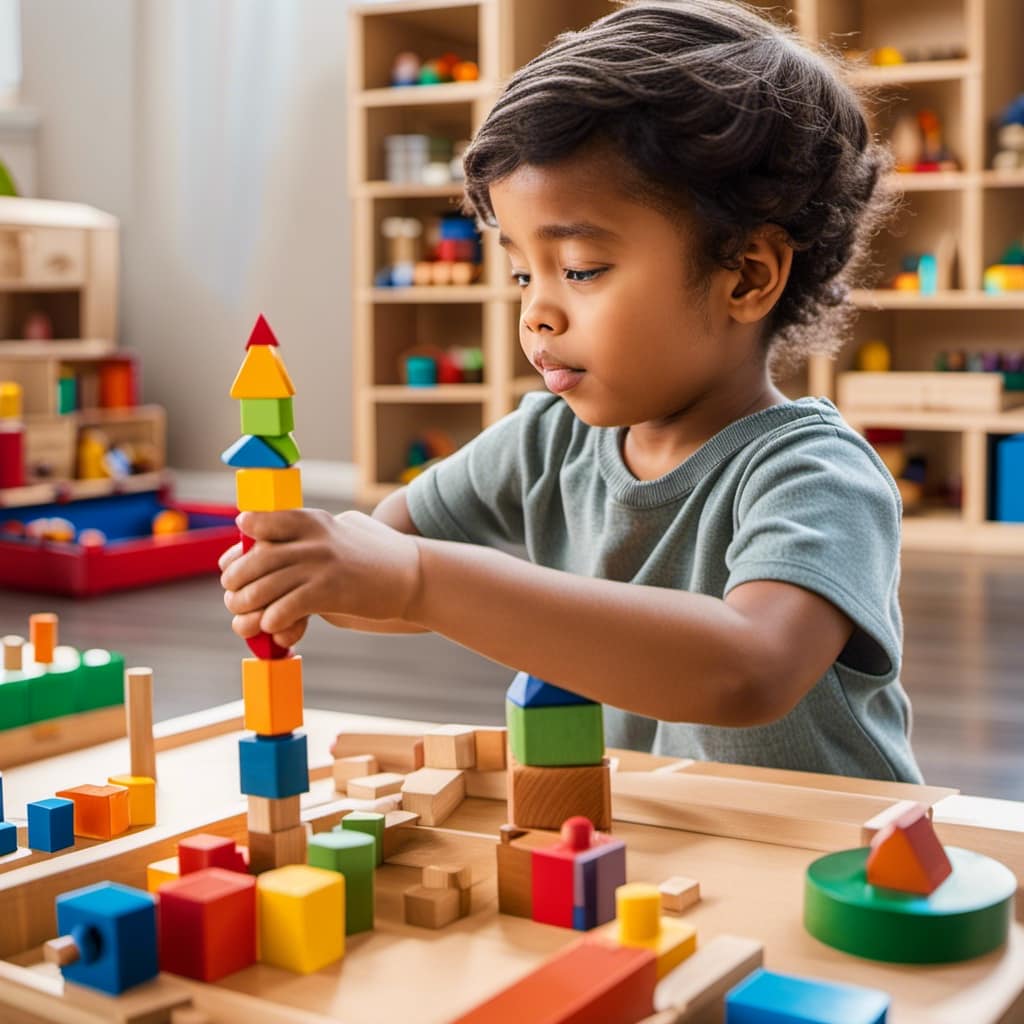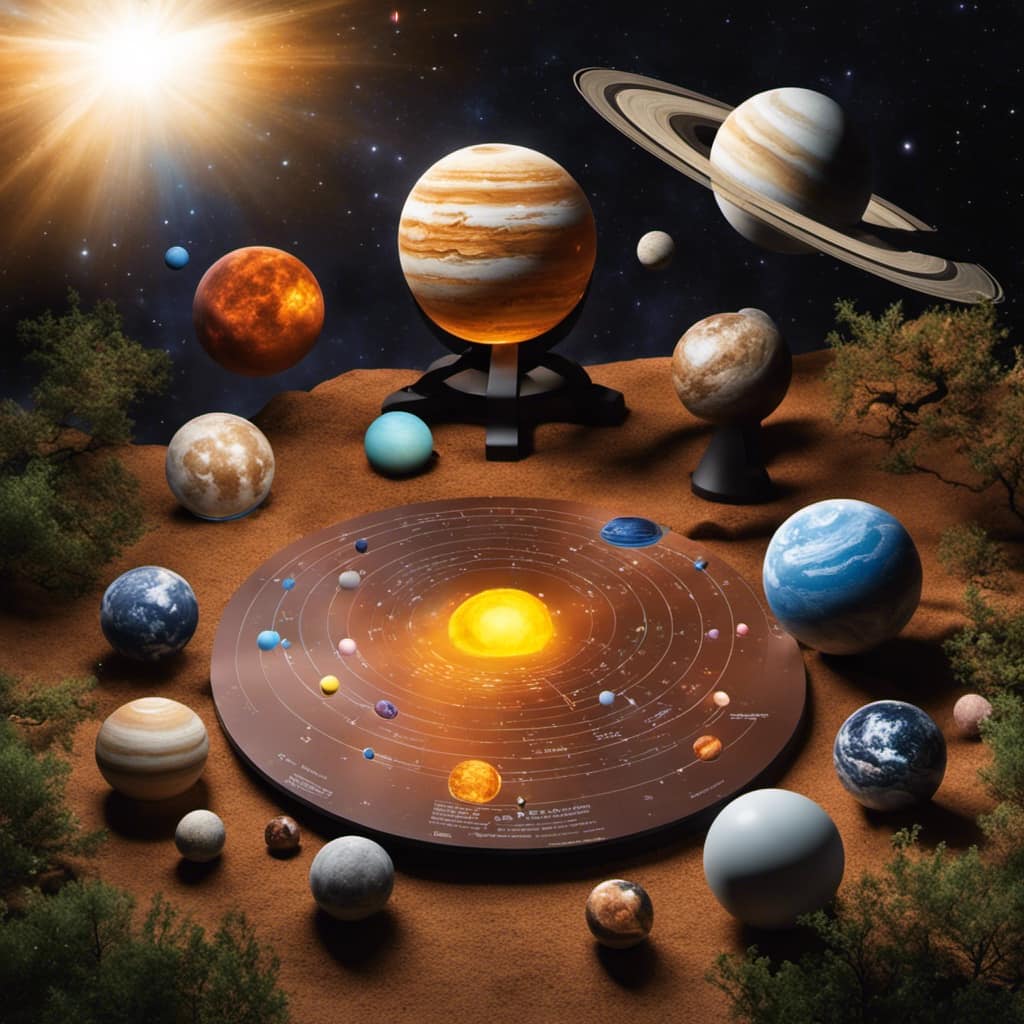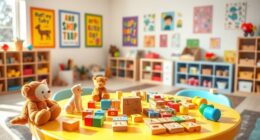As a parent striving to create a structured and stimulating environment for my young child, I have discovered the incredible benefits of organizing toys based on Montessori principles.
By implementing the Montessori method, I’ve witnessed my child’s independence, creativity, and cognitive skills flourish.
In this article, I will share practical tips and storage solutions for organizing toddler toys based on Montessori principles.
From open shelving units to rotating toy systems, you’ll learn how to create a calm and inviting play space that encourages independent play and fosters a love for learning.
Key Takeaways
- Montessori toy organization promotes independence, responsibility, creativity, and cognitive development.
- Choosing the right storage solutions such as open shelving units and clear bins with labels helps toddlers learn to choose and clean up their toys.
- Sorting and categorizing Montessori toys by skill development enhances targeted learning opportunities, supports fine motor and cognitive development.
- Creating a rotating toy system in Montessori playrooms ensures access to a variety of engaging toys, keeps the play area organized and clutter-free, promotes focused play and concentration, and exposes children to different play experiences.
Benefits of Montessori Toy Organization for Toddlers
I love how Montessori toy organization for toddlers promotes independence, responsibility, creativity, and cognitive development.
By providing a structured and organized environment, Montessori toy organization encourages autonomy in young children. They learn to choose their toys independently and take responsibility for cleaning up after themselves. This promotes a sense of ownership and teaches them valuable life skills.
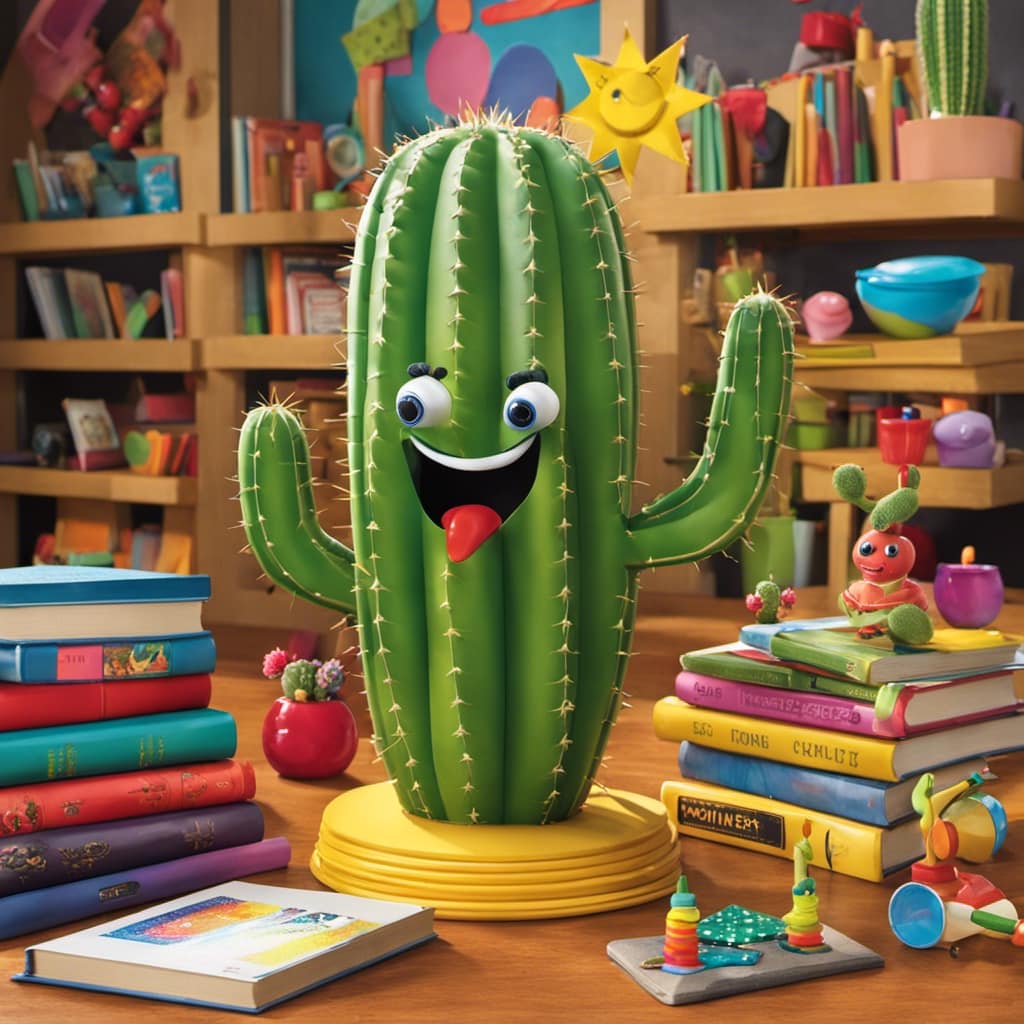
Additionally, Montessori toy organization fosters creativity by allowing children to see all their toys and choose what interests them. They are not overwhelmed by a cluttered space and can focus on exploring their imagination.
Through categorization and sorting of toys, cognitive development is also enhanced.
Overall, Montessori toy organization is a practical and effective way to support a child’s development while maintaining an organized and tidy home.
Choosing the Right Storage Solutions for Montessori Toys
Choosing the right storage solutions for my child’s toys is essential for creating an organized and accessible environment. When it comes to Montessori toy organization, two key options to consider are wall-mounted storage and portable storage.
Wall-mounted storage is a great way to free up precious floor space in the playroom. It keeps the toys off the ground and within easy reach of my child. I can install shelves or pegboards on the wall to display and store toys neatly.
On the other hand, portable storage solutions like rolling carts or baskets are perfect for easy cleanup and toy rotation. I can simply wheel them around the room, making it convenient to clean up and switch out toys.
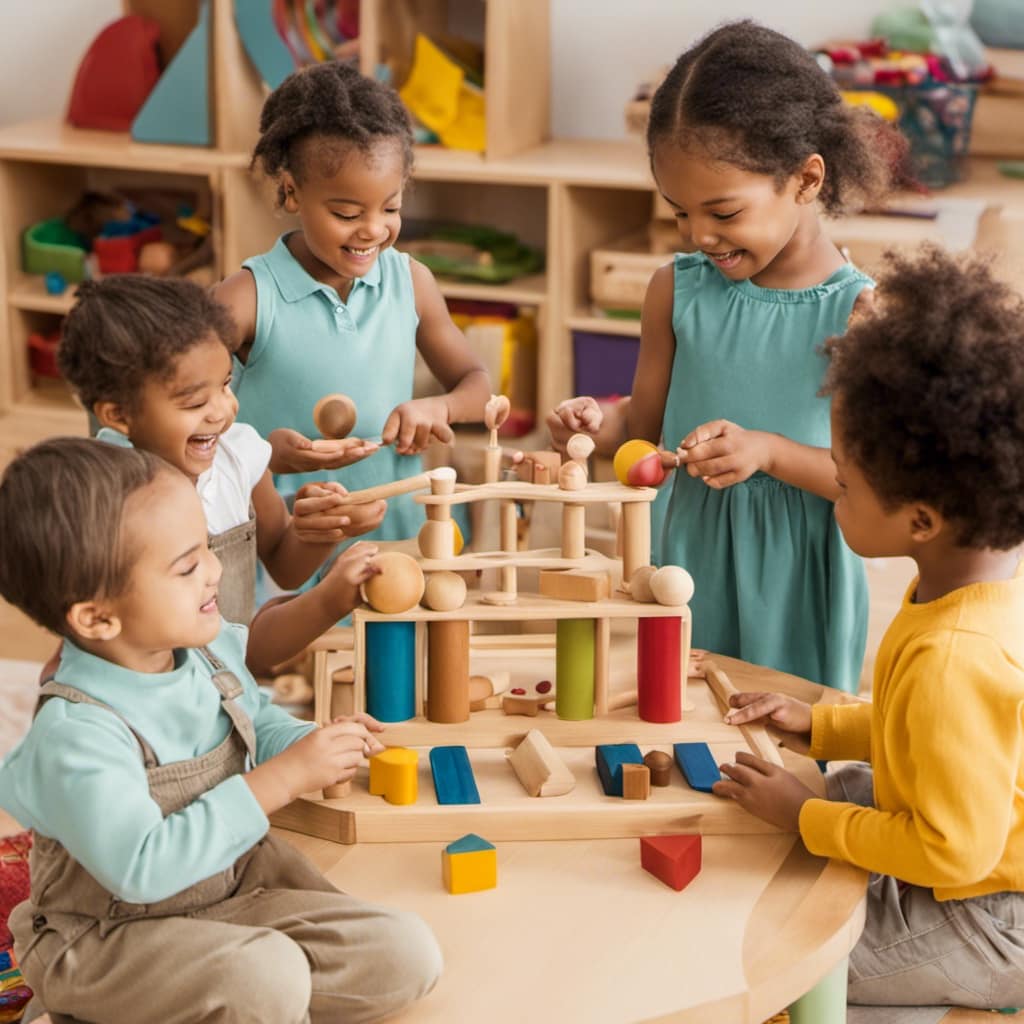
Both options offer practical and functional ways to keep my child’s toys organized and accessible.
Sorting and Categorizing Montessori Toys by Skill Development
To enhance my child’s skill development, I categorize and sort Montessori toys based on their specific learning opportunities. By organizing toys in this way, I can provide targeted learning experiences that support my child’s fine motor and cognitive development.
Here are two key categories of Montessori toys that I focus on:
-
Wooden Puzzles: These toys promote fine motor skills as children manipulate and fit puzzle pieces into their corresponding spaces. They also encourage problem-solving and spatial awareness.
-
Shape Sorters: Shape sorters help develop cognitive skills by challenging children to recognize and match shapes. They improve hand-eye coordination and problem-solving abilities.
Creating a Rotating Toy System for Montessori Playrooms
Implementing a rotating toy system in my Montessori playroom ensures that my child has access to a variety of engaging toys while keeping the play area organized and clutter-free.

Creating a toy rotation schedule has numerous benefits, starting with a clutter-free play area. By rotating toys, I can keep the playroom tidy and prevent overwhelm.
It also promotes focused play and concentration because my child isn’t overwhelmed with too many options at once.
Additionally, a rotating toy system exposes my child to different play experiences, stimulating their imagination and creativity.
It encourages independence and responsibility as my child learns to choose and put away toys.
Overall, a clutter-free play area creates a calm and inviting environment for my child to explore, learn, and grow.
Incorporating Montessori Principles in Toy Display and Accessibility
By incorporating Montessori principles in the display and accessibility of my child’s toys, I can create an environment that promotes independence, creativity, and exploration. Child-led toy organization is key to fostering these qualities in toddlers. Here are the benefits of using open shelves for toy storage:
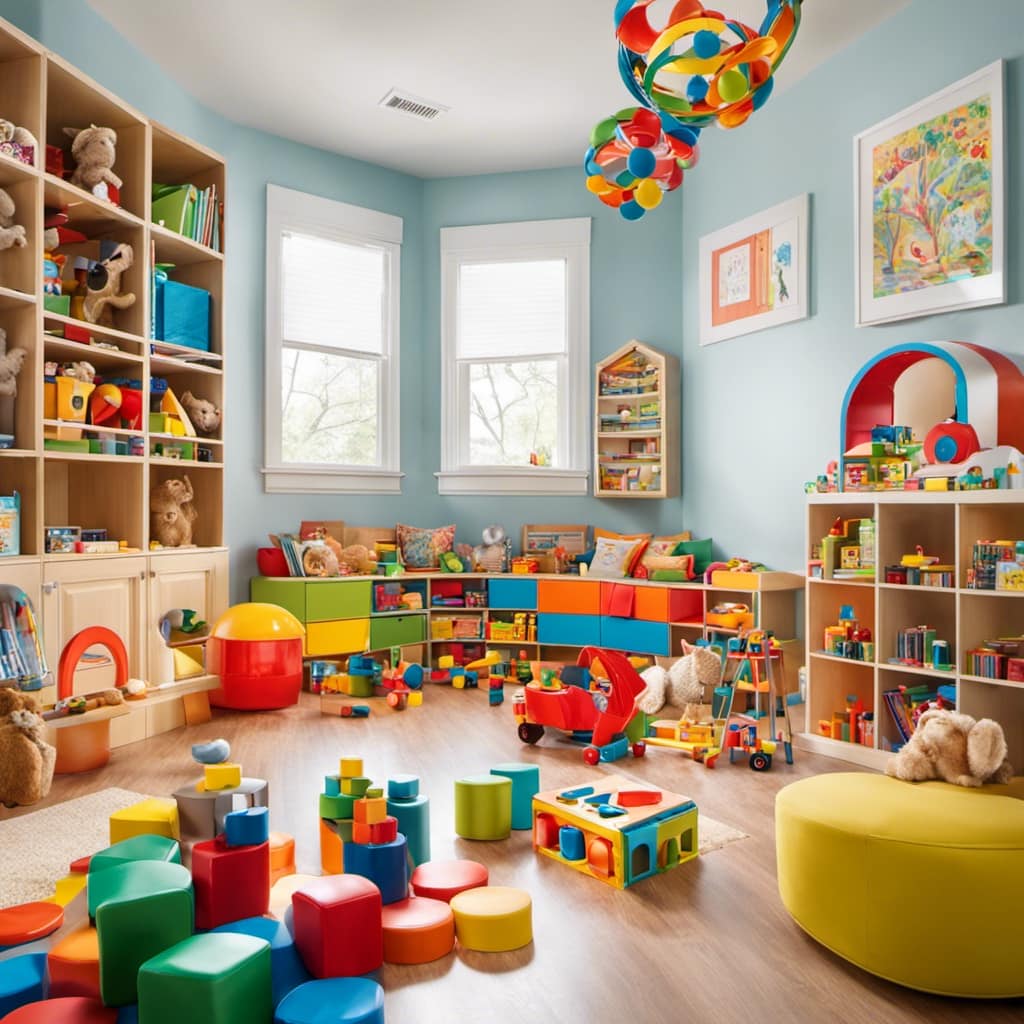
-
Easy visibility and access to toys: Open shelves allow children to see and choose their toys independently, promoting decision-making skills.
-
Encourages creativity and independence: With open shelves, children can easily access their toys and engage in imaginative play without needing constant assistance.
Open shelves also promote tidiness and organization, as children can easily see where each toy belongs.
Establishing a Calm and Inviting Play Space for Montessori Toddlers
I can create a calm and inviting play space for my toddler by incorporating soft lighting, cozy rugs, and comfortable seating.
Establishing a calming environment is essential for promoting sensory play, as it allows toddlers to feel safe and secure while exploring and learning.
Soft lighting, such as warm-toned lamps or string lights, can create a soothing atmosphere that encourages relaxation and focus.

Cozy rugs provide a comfortable and inviting surface for play, allowing toddlers to explore different textures and engage in sensory experiences.
Comfortable seating, like bean bags or floor cushions, offer a cozy spot for reading, imaginative play, and quiet reflection.
Encouraging Independent Play With Montessori Toy Organization
Now that we have established a calm and inviting play space for Montessori toddlers, let’s focus on encouraging independent play through Montessori toy organization. By promoting self-sufficiency and fostering creativity, we can empower our little ones to explore and engage with their toys on their own.
Here are some key strategies for achieving this:
-
Provide open shelving units that allow easy visibility and access to toys. This enables children to choose and retrieve their toys independently.
-
Use clear bins with labels to categorize toys and teach toddlers to clean up after themselves. This not only promotes responsibility but also helps develop cognitive skills through sorting and categorization.
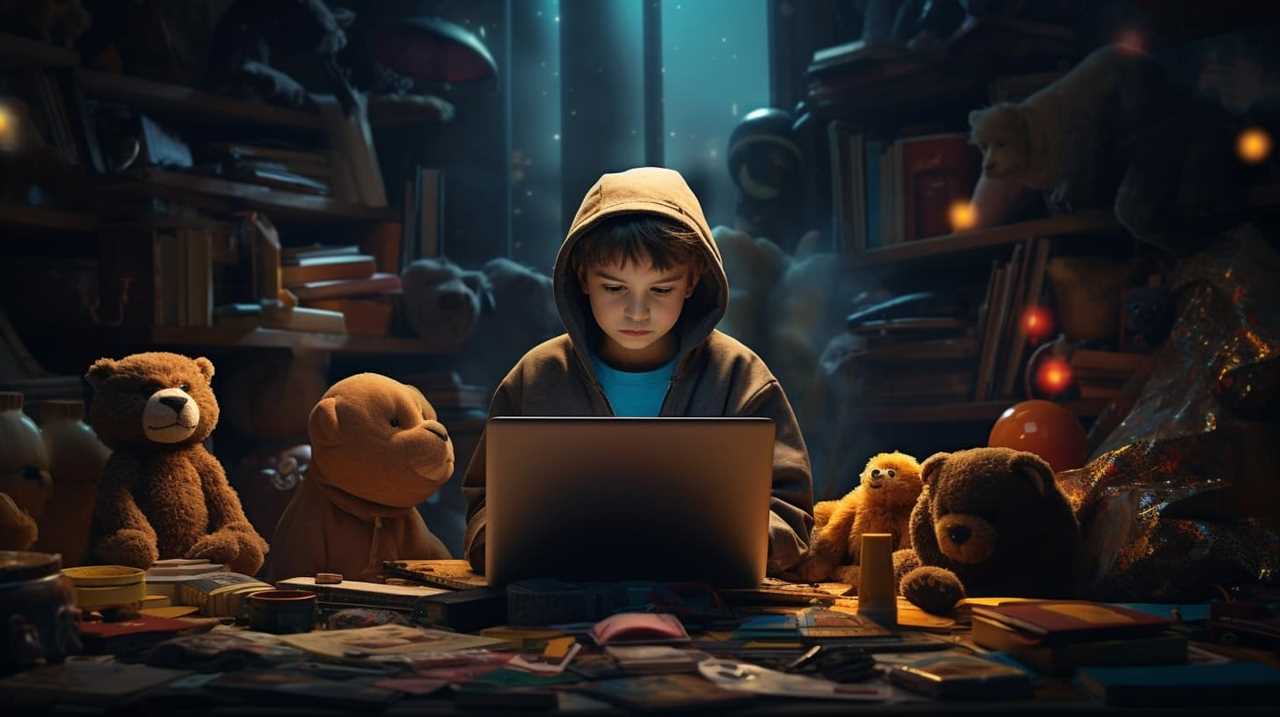
-
Incorporate rotating toy systems to keep the play area organized and clutter-free. This allows children to have access to a variety of engaging toys while promoting focused play and concentration.
Maintaining a Sustainable and Eco-Friendly Approach to Montessori Toy Organization
To maintain a sustainable and eco-friendly approach to toy organization, I can incorporate reusable and biodegradable storage containers. By using these containers, I can reduce the amount of plastic waste generated by traditional toy storage options.
Instead of using plastic bins or bags, I can opt for storage solutions made from sustainable materials such as bamboo, wood, or recycled cardboard. These materials not only have a lower environmental impact but also add a natural and organic touch to the playroom.
Additionally, I can choose storage containers that are biodegradable, meaning they will break down naturally over time without harming the environment. By selecting these sustainable toy materials and reducing toy waste, I can create a more eco-conscious and responsible toy organization system.
Frequently Asked Questions
How Can Montessori Toy Organization Benefit a Child’s Social Development?
Montessori toy organization benefits a child’s social development by promoting independence and responsibility for cleaning. It also reduces toy overwhelm, promotes focus during play, and incorporates safety considerations. Language development is fostered through child-led toy organization.
Are There Any Specific Montessori Toys That Can Help With Language Development?
There are specific Montessori toys that can help with language development. Some recommendations include language cards, storytelling sets, and phonetic puzzles. These toys promote vocabulary, communication skills, and phonetic awareness.
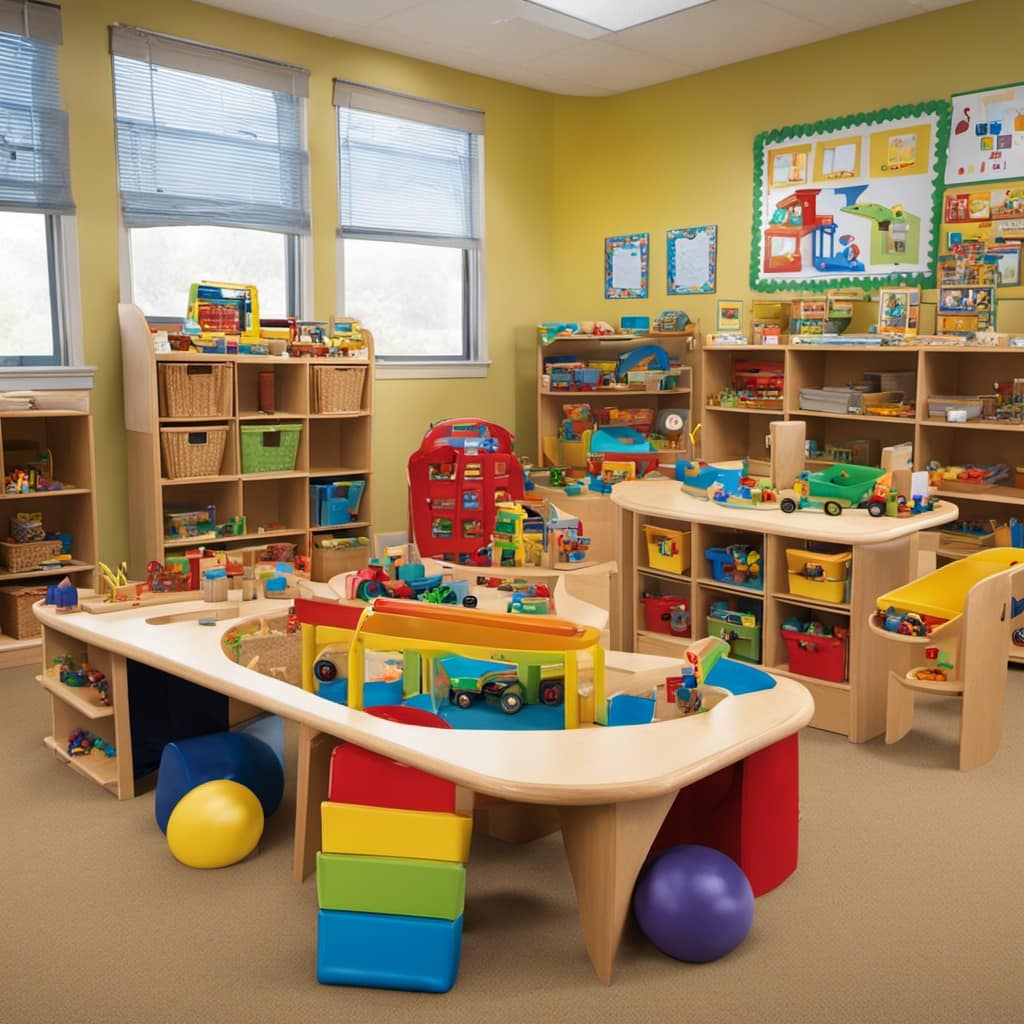
How Can Parents Encourage Their Child to Take Responsibility for Cleaning up Their Toys?
To encourage my child to take responsibility for cleaning up their toys, I foster independence by providing accessible storage solutions and creating a sense of ownership. This helps them develop important life skills and a tidy environment.
Are There Any Safety Considerations When Choosing Storage Solutions for Montessori Toys?
When choosing storage solutions for Montessori toys, it’s important to consider safety. Look for sturdy shelving units, clear bins with labels, and wall-mounted options to keep little ones safe and organized.
Can Montessori Toy Organization Help With Reducing Toy Overwhelm and Promoting Focus During Play?
Yes, Montessori toy organization can help reduce toy overwhelm and promote focus during play. By reducing toy clutter and promoting independent play, children can engage more deeply with their toys and develop concentration skills.
Conclusion
In conclusion, organizing toddler toys using the Montessori approach can have numerous benefits for both children and parents. By implementing storage solutions that promote visibility and accessibility, toddlers are encouraged to choose and clean up their toys independently, fostering a sense of responsibility and autonomy.
Categorizing toys based on skill development enhances cognitive and motor skills, while a rotating toy system keeps playrooms organized and engaging. Additionally, incorporating Montessori principles in toy display and accessibility creates a calm and inviting play space for toddlers.
Did you know that a study found that children who have a well-organized play area are more likely to engage in focused play and develop important skills? So, by adopting the Montessori method of toy organization, you are not only keeping your home tidy, but also promoting your child’s growth and development.
